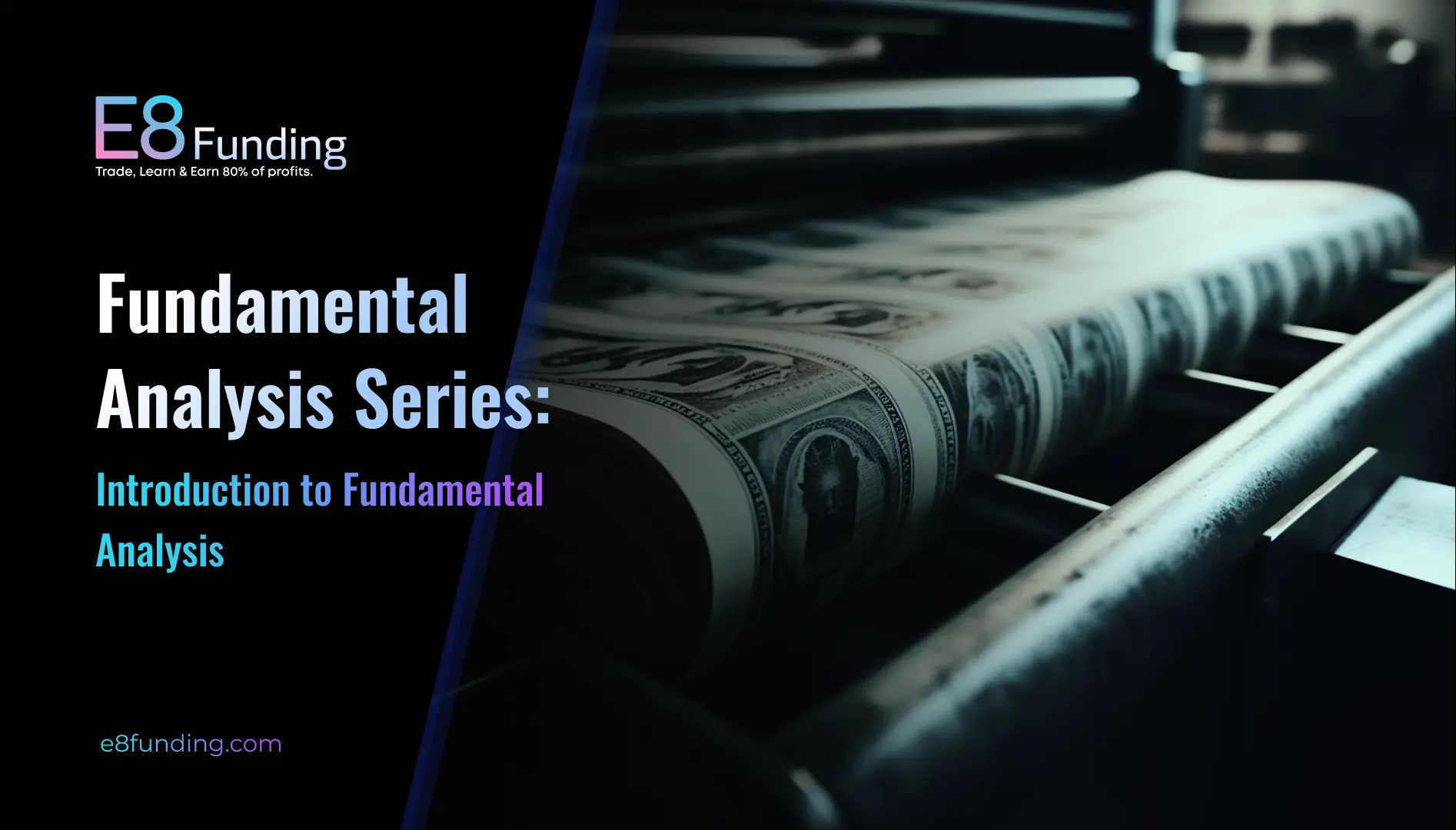George Soros: The Brain Behind Black Thursday
When delving into pivotal financial events in history, the significance of Black Thursday stands out, marking a watershed moment for the British economy and offering a vital lesson for central bankers globally. At the heart of this event was the renowned currency trader George Soros, whose strategic moves not only rattled the foundations of major central banks but also led to immense personal profits. The question arises: How did George Soros mastermind the collapse of the Bank of England?
Few in the 1990s suspected that Britain was facing its biggest currency crisis in history. Yet, one man, George Soros, was already strategizing at the time. The root of this crisis lay in the UK’s entry into the ERM (Exchange Rate Mechanism) and the decision to peg the British pound to the German mark, a move closely scrutinized by Soros.
The ERM’s purpose was to maintain exchange rates within a 6% margin of the initially set rate. Many experts, including George Soros, believed that the British pound was substantially overvalued at the time of entry. Soros, who managed the Quantum Fund, deduced that the high inflation and interest rates in the UK contributed to the overvalued exchange rate that failed to reflect the country’s actual economic conditions.
Soros began discreetly accumulating short positions in the British pound, eventually amassing a whopping $10 billion. His actions remained unnoticed by both the public and the Bank of England. Although a few big players in the financial world knew about his positions, only a few knew how extensive his plan actually was.
When the time was right, Soros went public, advocating that the pound was grossly overvalued and that the Bank of England would be unable to defend it. He argued that the UK would have to leave the ERM due to the overvaluation at the time of entry. Other big players and speculators quickly followed suit, shorting the British pound. As more investors began to hedge against a potential decline in the pound’s value, a self-fulfilling prophecy unfolded, playing into Soros’ strategy.
Despite the mounting pressure, the British government remained confident in the pound’s strength and their commitment to the ERM. The Bank of England attempted to counteract the selling pressure by making massive purchases of the British pound. This tactic backfired, and investors sold the pound at such a rapid pace that the Bank of England had to buy £2 billion every hour on September 15th. In one day, the Bank lost £3.3 billion.

The situation escalated on September 16th, now known as Black Thursday. As the London market session began, the UK government announced a rate hike from 10% to 12%. However, even this did not convince the public of the strength and stability of the British pound, leading to a second increase to 15% later in the day. Despite these desperate measures, investors continued to sell and short the pound.

Ultimately, British Chancellor Norman Lamont declared that the UK would leave the ERM. This announcement further intensified the pound’s depreciation, resulting in an additional 15% devaluation. The currency’s decline enabled big players like Soros to repay their loans and gradually close their short positions.
In addition to making George Soros one of the biggest Forex traders in history, this trade has earned him nearly $1 billion. However, his actions drew criticism, as many believed that his trade had detrimental consequences on the UK economy, affecting the entire nation. Nevertheless, it should be noted that Soros himself certainly did not cause the crisis, at most he accelerated its onset. George Soros was simply the first to anticipate and capitalize on the situation.
Soros’ ability to foresee the overvaluation of the British pound and exploit it to his advantage showcases his remarkable skills as a Forex trader. Although his actions generated considerable controversy, it’s crucial to remember that the economic environment at the time was primed for such a drastic change. This event serves as an essential lesson for central banks and governments worldwide to remain vigilant and adaptable to ever-changing economic landscapes.
Article topics
Trade with E8 Markets
Start our evaluation and get opportunity to start earning.Suggested Articles:
Disclaimer
The information provided on this website is for informational purposes only and should not be construed as investment advice. Always conduct your own research and consult with a qualified financial advisor before making any investment decisions. We do not endorse or promote any specific investments, and any decisions you make are at your own risk. This website and its content are not responsible for any financial losses or gains you may experience.
Please consult with a legal professional to ensure this disclaimer complies with any applicable laws and regulations in your jurisdiction.








